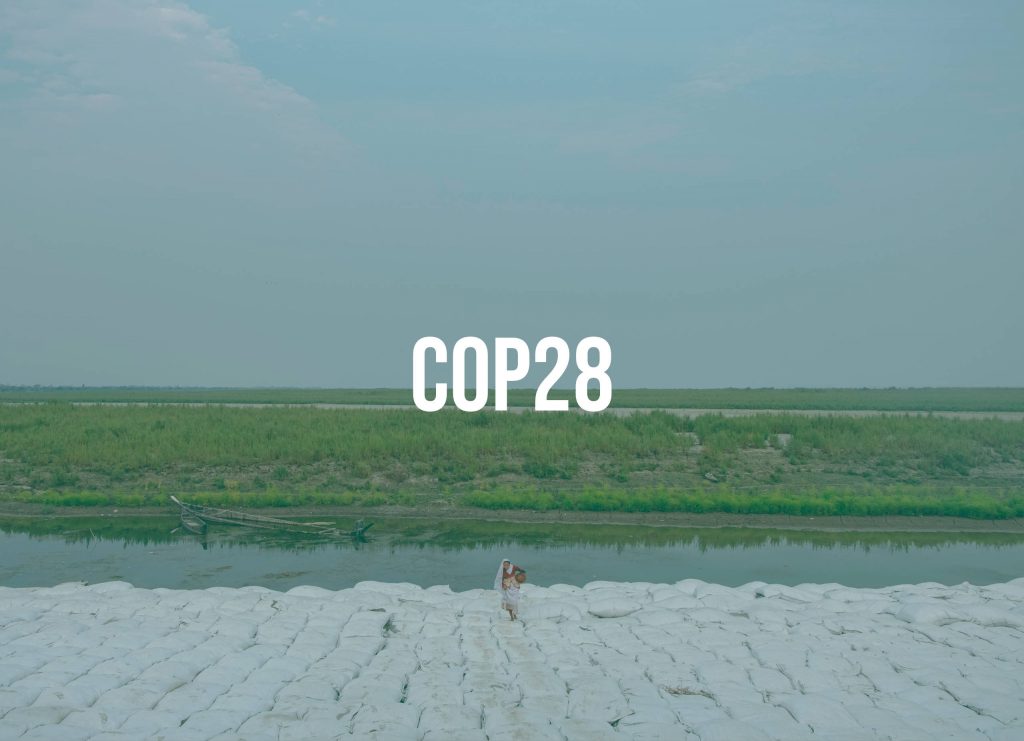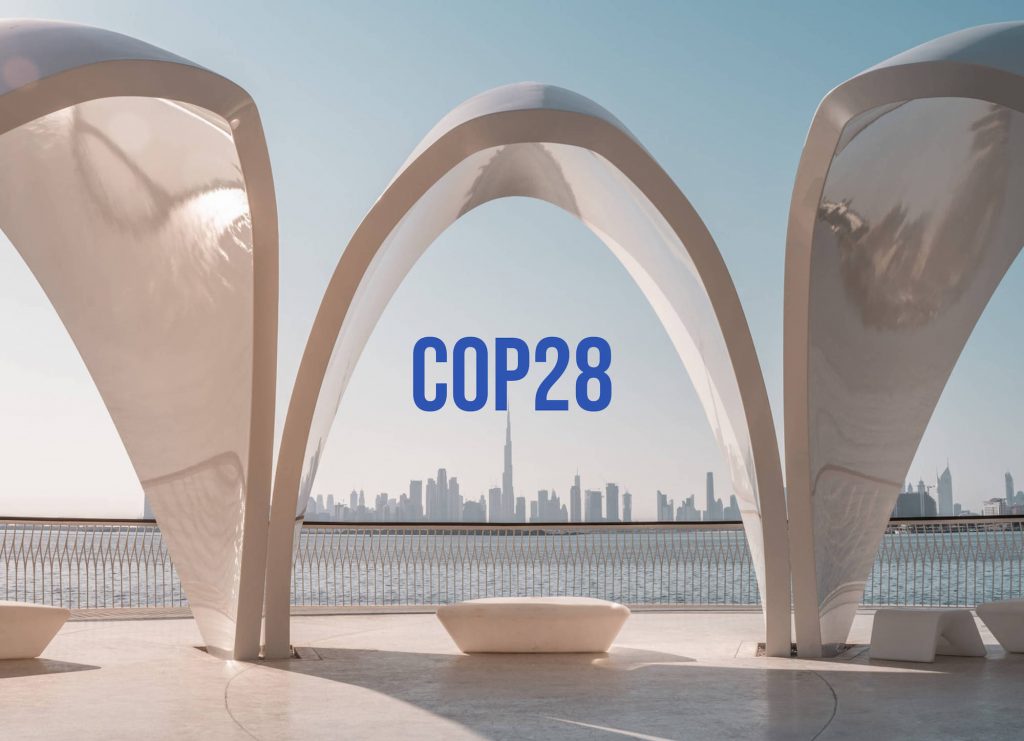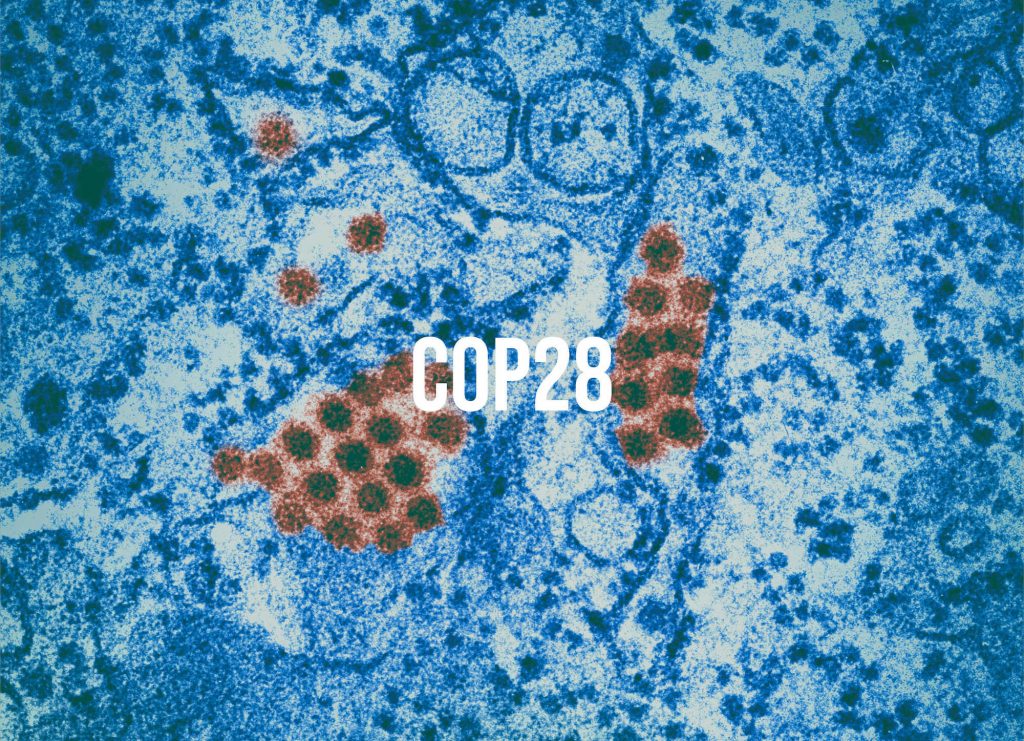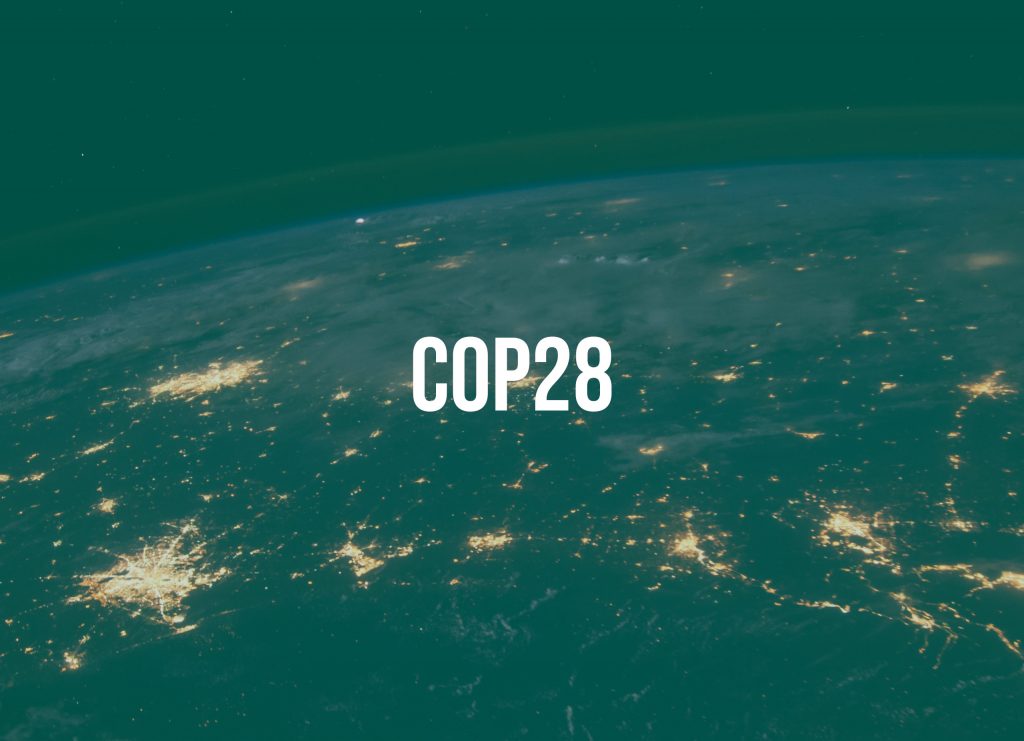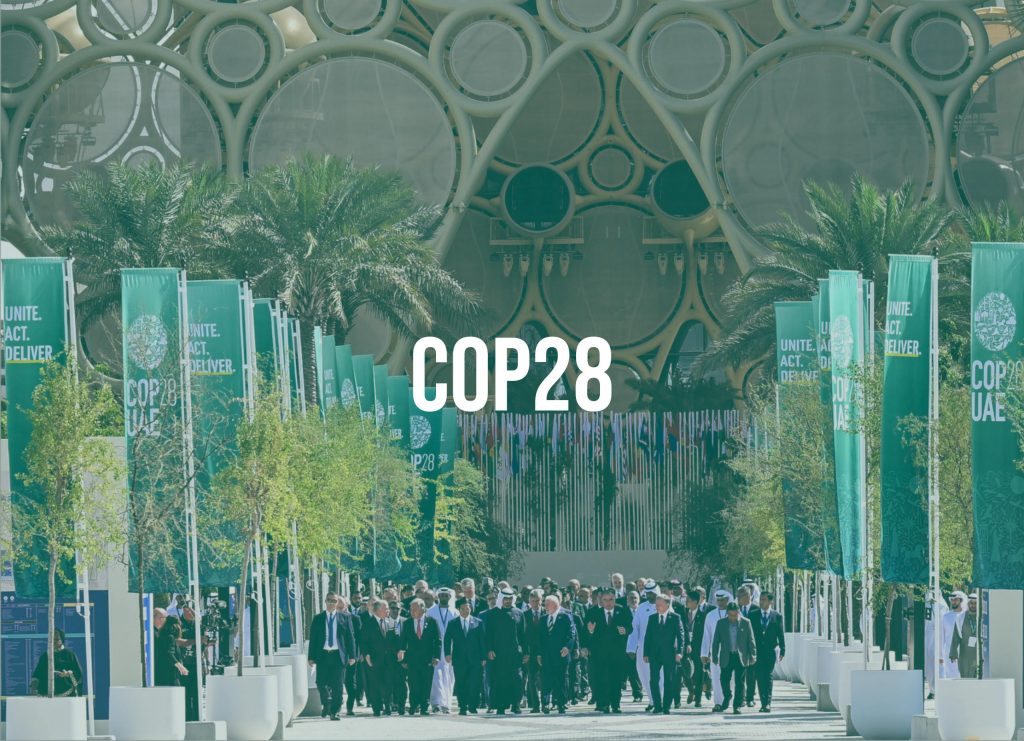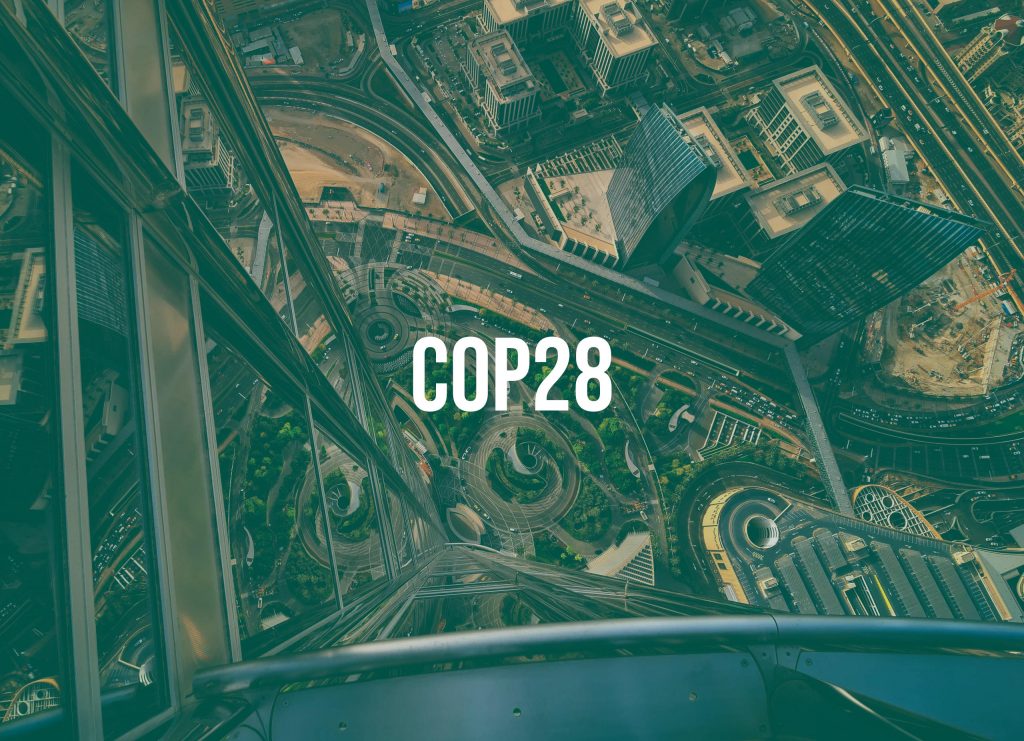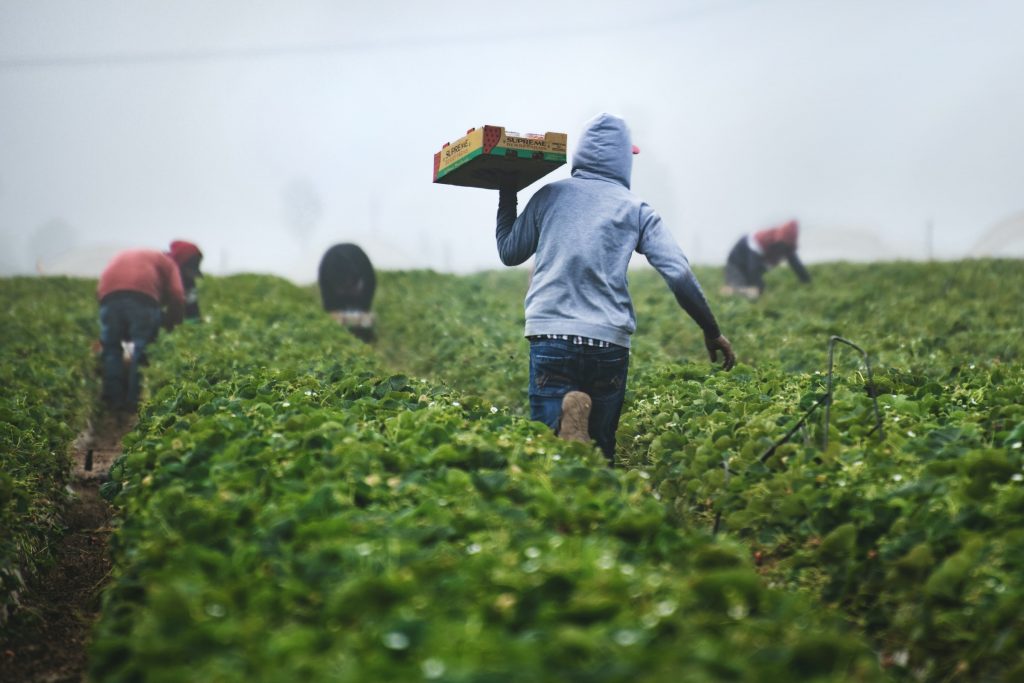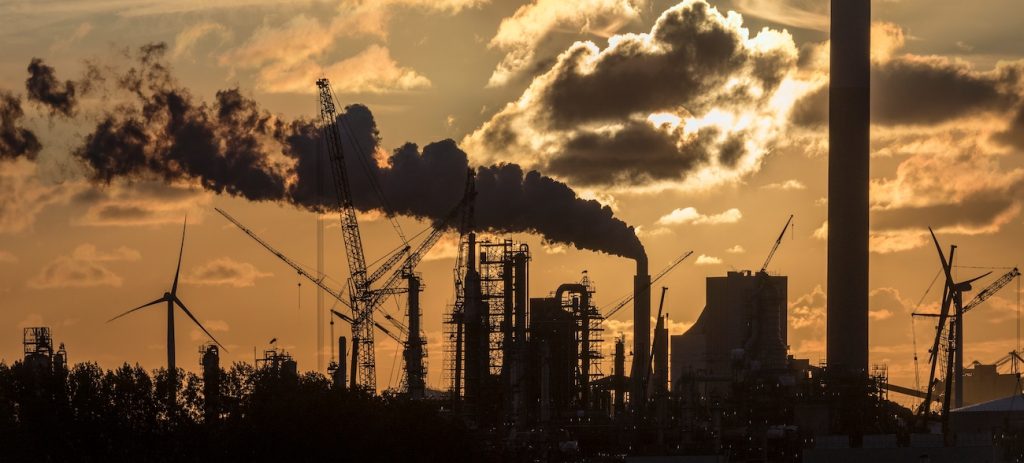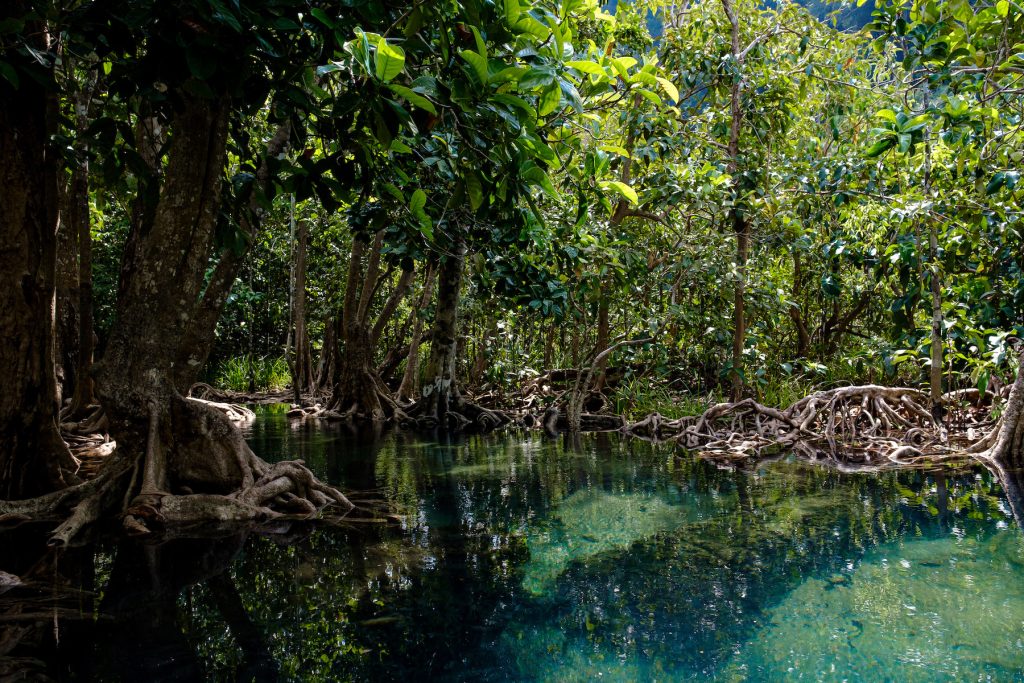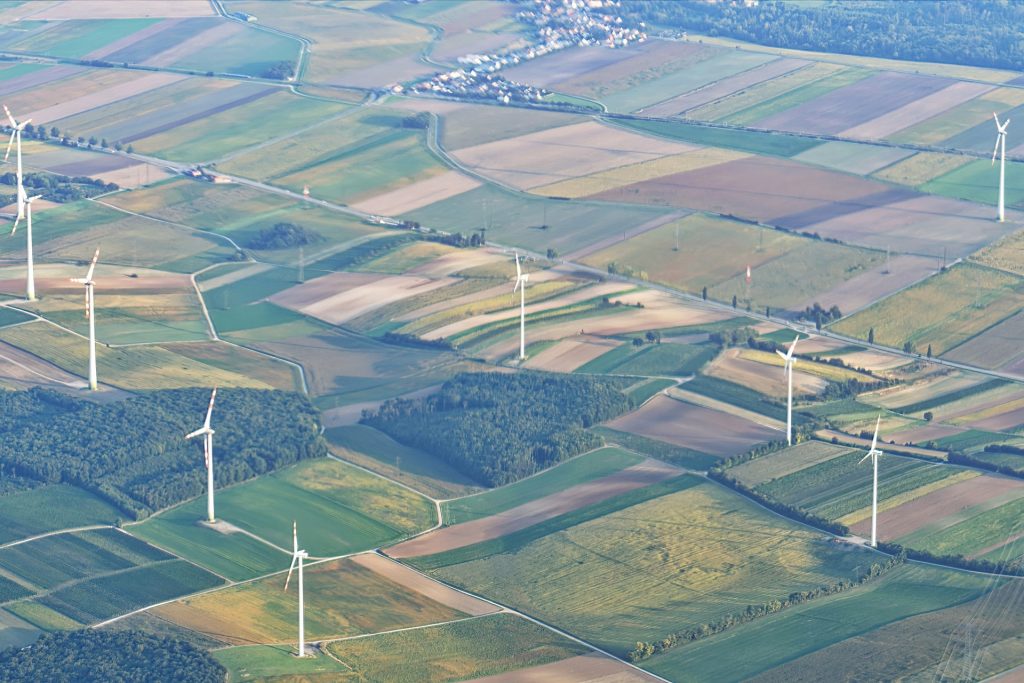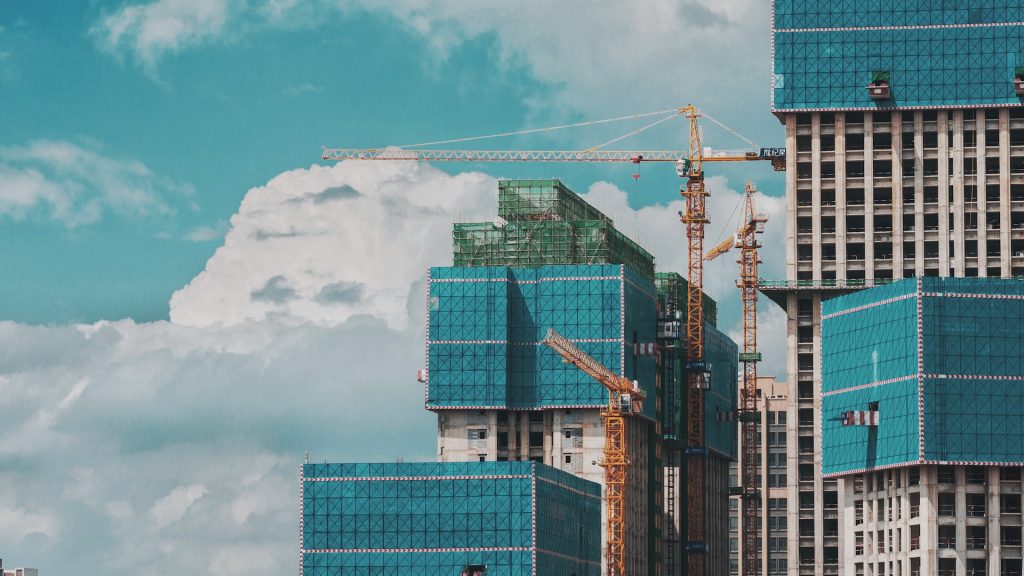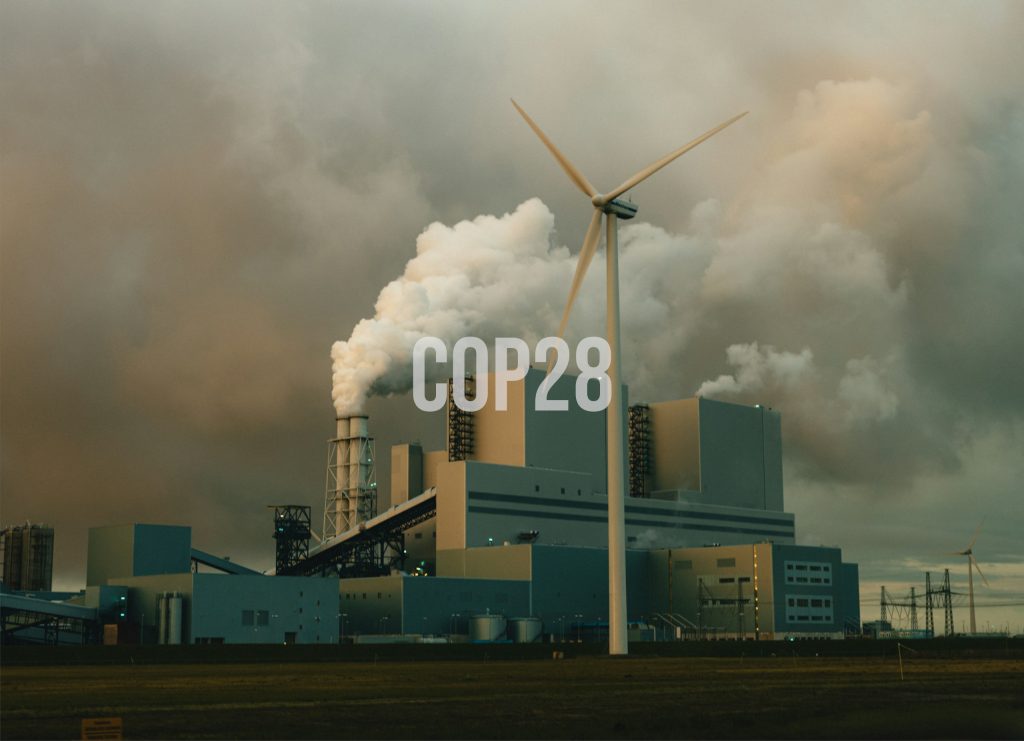
COP28 | LARA ALELUIA REIS. Global Stocktake, guidance for closing the mitigation gaps
“I’m anxious to see what emerges from the Global Stocktake. Although the report on our progress has already been published, we really need to build on this and raise ambition”. CMCC scientist Lara Aleluia Reis focuses on things such as credibility, accountability and transparency as key issues that will determine the success of COP28 in delivering a more ambitious pathway that brings us closer to the well below 2°C target. How? It all starts with the Global Stocktake.

